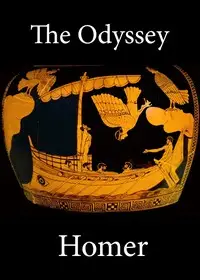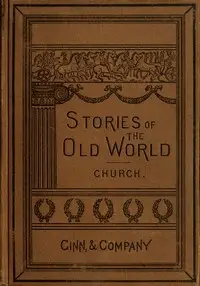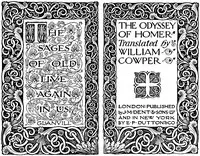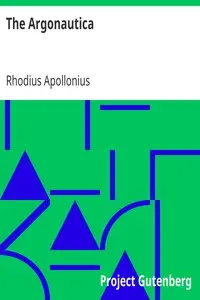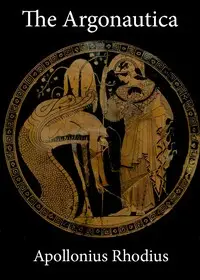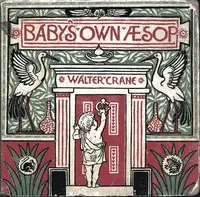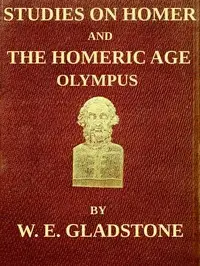"The Tale of the Argonauts" by Apollonius of Rhodes, is an epic poem telling of Jason's thrilling journey with his brave band of heroes on a quest for the Golden Fleece. Written long ago, the story explores ideas of adventure, courage, and how the gods affect people's lives. Forced into a dangerous trip by King Pelias, Jason faces many challenges involving gods and monsters. The story begins with a warning to King Pelias about a hero with one sandal. Jason, who loses a sandal crossing water, is revealed as that hero. The first part of the poem describes the many famous heroes, such as Orpheus and Herakles, who join Jason. Together, they launch the ship Argo, filled with excitement, but also sadness as they leave their homes and loved ones behind. The opening sets the stage for a tale of friendship, willpower, and difficulties faced during their travels.
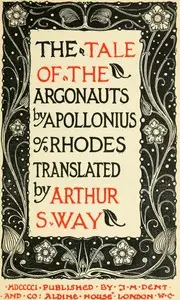
The Tale of the Argonauts
By Rhodius Apollonius
Driven by fate and the gods, a group of heroes sails into uncharted waters, facing mythical beasts and treacherous landscapes to claim a legendary prize.
Summary
About the AuthorApollonius of Rhodes was an ancient Greek author, best known for the Argonautica, an epic poem about Jason and the Argonauts and their quest for the Golden Fleece. The poem is one of the few extant examples of the epic genre and it was both innovative and influential, providing Ptolemaic Egypt with a "cultural mnemonic" or national "archive of images", and offering the Latin poets Virgil and Gaius Valerius Flaccus a model for their own epics. His other poems, which survive only in small fragments, concerned the beginnings or foundations of cities, such as Alexandria and Cnidus places of interest to the Ptolemies, whom he served as a scholar and librarian at the Library of Alexandria. A literary dispute with Callimachus, another Alexandrian librarian/poet, is a topic much discussed by modern scholars since it is thought to give some insight into their poetry, although there is very little evidence that there ever was such a dispute between the two men. In fact almost nothing at all is known about Apollonius and even his connection with Rhodes is a matter for speculation. Once considered a mere imitator of Homer, and therefore a failure as a poet, his reputation has been enhanced by recent studies, with an emphasis on the special characteristics of Hellenistic poets as scholarly heirs of a long literary tradition writing at a unique time in history.
Apollonius of Rhodes was an ancient Greek author, best known for the Argonautica, an epic poem about Jason and the Argonauts and their quest for the Golden Fleece. The poem is one of the few extant examples of the epic genre and it was both innovative and influential, providing Ptolemaic Egypt with a "cultural mnemonic" or national "archive of images", and offering the Latin poets Virgil and Gaius Valerius Flaccus a model for their own epics. His other poems, which survive only in small fragments, concerned the beginnings or foundations of cities, such as Alexandria and Cnidus places of interest to the Ptolemies, whom he served as a scholar and librarian at the Library of Alexandria. A literary dispute with Callimachus, another Alexandrian librarian/poet, is a topic much discussed by modern scholars since it is thought to give some insight into their poetry, although there is very little evidence that there ever was such a dispute between the two men. In fact almost nothing at all is known about Apollonius and even his connection with Rhodes is a matter for speculation. Once considered a mere imitator of Homer, and therefore a failure as a poet, his reputation has been enhanced by recent studies, with an emphasis on the special characteristics of Hellenistic poets as scholarly heirs of a long literary tradition writing at a unique time in history.

